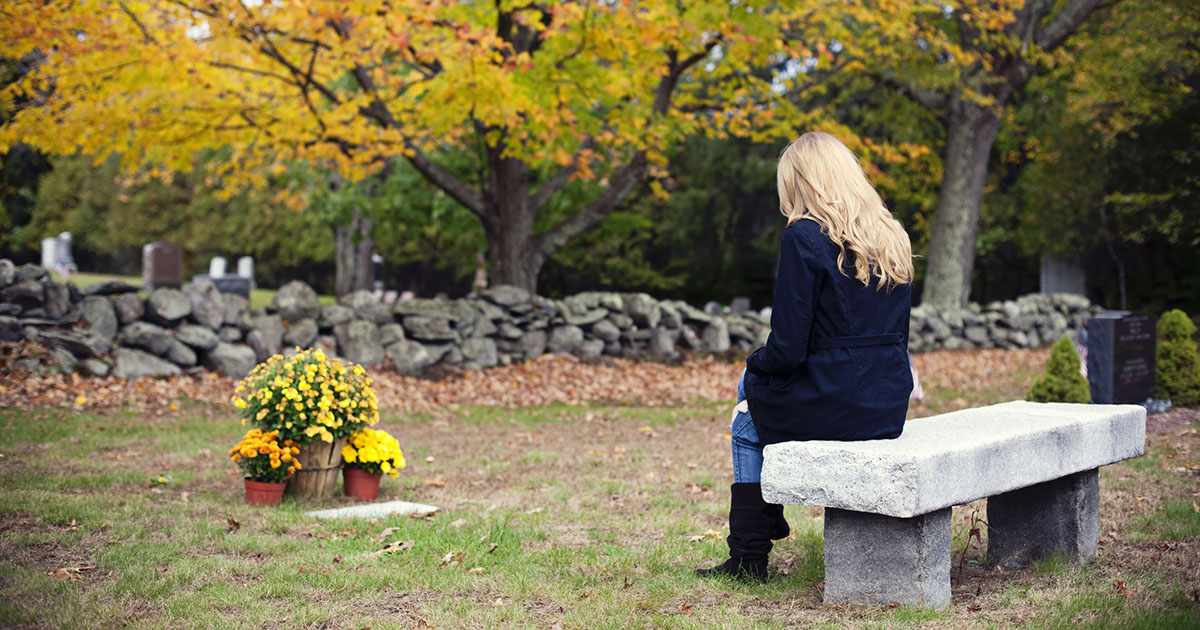How To Deal With Grief In A Healthy Way
Suffering a loss, no matter how traumatic it may be, can leave you facing an uphill struggle to climb. However, even with the deepest pain, there is hope. Grief is the body’s natural response to losing someone or something important to you. You may experience a variety of emotions, such as intense sadness, anger, and loneliness, and for different reasons. You can encounter grief for numerous reasons, such as the loss of a job, a relationship ending, moving to a new home, developing a chronic illness, or the loss of a pet or loved one. Everyone deals with grief differently, but by understanding your emotions, taking care of yourself, and seeking support when necessary, you will be able to heal and move on with your life.Â
Learn more about the stages of grief and how to manage it in a healthy way.
The Stages Of Grief: Stages One & Two

According to doctors, there are five distinct stages of grief the majority of individuals will experience. These stages include denial, anger, bargaining, depression, and acceptance. Denial is the first stage of grief and can be described as the stage that occurs right after the loss when you think 'this cannot be happening,' and where emotions such as shock or numbness set in. It is the temporary way of dealing with overwhelming emotions, such as hopelessness, rushing over you. Essentially, it is the mind and body’s first line of defense against something as invasive as a loss. The second stage is anger, and as reality settles in, you’re faced with the very real pain of that loss in your life. You may experience multiple emotions such as frustration, helplessness, which can later turn into blind rage. You may direct these feelings towards a deity, other people, life itself, or even towards the person or thing you lost, which is natural too.
The Stages Of Grief: Stages Three To Five

Bargaining, the third stage, is where you will begin to dwell on what you could’ve done to prevent the loss, and think of the 'what ifs,' resulting in you even trying to bargain with a higher power to give you back what you lost or to take away the pain. Depression - the most challenging stage to endure - occurs when sadness sets in and you begin to understand the loss and how it affects your life. Signs of depression include crying, sleep issues, decreased appetite, and feelings such as regret, guilt, and loneliness. Just because you exhibit these signs while grieving does not mean you have depression, however, if you deal with these signs and more for a more extended period, you might have developed depression and should seek a professional diagnosis. To learn more about depression, check out 8 Things People With Hidden Depression Do. The final stage of grief is acceptance, when you finally accept the reality of your loss and that it cannot be changed. Although it will be difficult, this stage signals you are now able to start moving forward with your life.
